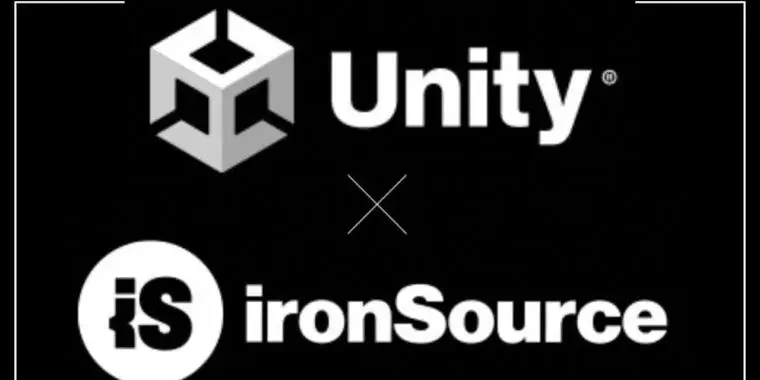Despite bringing in over $1.8 billion in revenue in the 12 months ending in June 2023, Unity was nearly a billion dollars away from profitability during that same period, thanks in large part to a wave of expensive acquisitions.
🥴 brilliant decision makers at unity
Love how this plays in relation to all the arguments of “well, you have to understand, Unity doesn’t turn a profit yet, they need to be able to make money”, from when they first announced the change.
Weta was an especially weird and expensive acquisition, since they’re not even in the same field.
Weta is researching and building (amongst other things) graphics processing technologies.
Being able to take cutting edge technologies from the film industry, optimising them and selling them as “click and go” solutions in Unity would be a huge win.
StageCraft is the only thing where there is even a small overlap between game tech and the film industry, and that one is using Unreal Engine. Other than that, the special effects used in movies render at minutes per frame, not frames per second as in games. There’s no technology suitable for Unity in that.
Wait, they acquired Weta? I thought it was just cooperation or something like that
It’s by design, you don’t need to pay taxes if you don’t generate profit, you can just shovel more value into the company with investments and acquisitions that then hopefully generate you even more money in the future.
And at the same time you can point at that loss and use it as an excellent scapegoat for doing shitty things.
I left Unity behind they they merged with Ironsource. I said it then, that they would become an ad focused company and engine development would be put in the back burner. I’ve watched that statement become the truth.
I left because even before that, they kept over promising features and then depreciating things and leaving users with broken systems that you either had to wrap up in boilerplate code yourself, or pay for an expensive plugin to make work right. When they MERGED (the article says it was an acquisition, but in reality it was a merge. Subtle seeming difference, but an important distinction for me), I saw the writing on the wall that this trend was only going to get worse. And it has.
I left waaaaay back when they decided that everyone had to have their shitty launchers and logins and basically turned into Autodesk.
I deal with one Autodesk at a time. And it’s Autodesk.
In the article quoted by Ars (https://mobilegamer.biz/fuck-you-were-not-paying-inside-unitys-runtime-fee-fiasco/)
“I truly don’t think it was done maliciously,” our Unity insider said. “Ultimately Unity has lost a lot of money over the last 18 years – billions of dollars – and they need to do something to make more money. Sadly, it wasn’t delivered well, but the need to make more money is still there.”
Using anti-competitive tatic to try to eliminate a competitor is literally malicious.
Using anti-competitive tatic to try to eliminate a competitor is literally malicious.
To be fair, it sounds less like eliminating, and more like “carving out a niche”, with the competitor being the dominant one. Doesn’t make it great, but at least a bit better ;)
I don’t find Unity’s excuses surprising, interesting, or newsworthy.
🤖 I’m a bot that provides automatic summaries for articles:
Click here to see the summary
Business-focused site MobileGamer.biz cites multiple “sources from inside Unity and across the mobile games business” in reporting that Unity received some significant pushback from senior-level managers before rolling out its initial fee-restructuring plans.
The final policy knocked that cap down to 2.5 percent only after the extent of the backlash became clear.
While much of the industry furor was focused on the business impact Unity would have on mid-sized indie game publishers, MobileGamer’s reporting suggests Unity’s moves were actually more focused on extracting a larger share of the lucrative mobile ad mediation market.
Unity made a massive investment in that market about a year ago when it acquired IronSource, one of many major tools that mobile game devs use to maximize revenue by managing inventory from multiple ad networks at once.
“AppLovin is dominating, and Unity tried to use this policy as a forcing agent to try and get back some market share,” one source told the site.
Inside Unity, that kind of hardball push for more ad mediation customers may have been seen as necessary to make up for a huge hole in the company’s balance sheet.
Saved 64% of original text.






